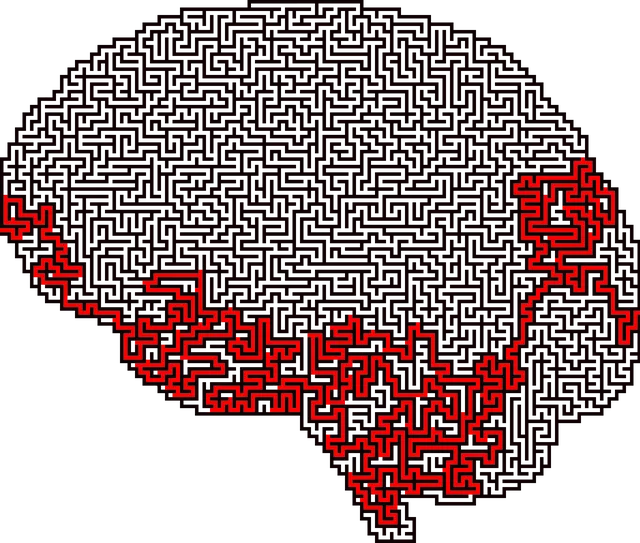The Kaiser Permanente mental health facility in Arvada focuses on crisis intervention with culturally sensitive support, open dialogue, and tailored education programs. Their strategies aim to reduce stigma, empower individuals with coping mechanisms, and improve long-term mental health outcomes through immediate and proactive care. The facility's commitment to staff training ensures compassionate and effective interventions, underscoring its dedication to mental well-being.
In today’s challenging landscape, effective crisis intervention is paramount, especially at healthcare institutions like the Kaiser Permanente mental health facility in Arvada. This article explores crucial strategies and guidance for managing crises within such settings. We delve into key practices that enhance patient safety and well-being, focusing on the unique demands of mental health facilities. Additionally, we examine the vital roles of training and resources in empowering professionals to navigate these critical situations successfully.
- Understanding Crisis Intervention at Kaiser Permanente Mental Health Facility, Arvada
- Key Strategies for Effective Crisis Management
- The Role of Training and Resources in Supporting Mental Health Professionals
Understanding Crisis Intervention at Kaiser Permanente Mental Health Facility, Arvada

At Kaiser Permanente Mental Health Facility in Arvada, crisis intervention strategies are at the core of their patient care philosophy. This facility understands that mental health crises can be complex and highly individual, requiring immediate and tailored support. With a dedicated team of professionals, they offer comprehensive services designed to stabilize individuals, enhance coping mechanisms, and promote long-term recovery.
The approach at Kaiser Permanente Arvada emphasizes cultural sensitivity in mental healthcare practice, ensuring that each patient receives care that respects their unique background and experiences. This includes training staff to provide confidence-boosting interventions and fostering a supportive environment that encourages open dialogue. By integrating Mental Health Awareness into the fabric of their services, the facility aims to reduce stigma and create a safe space for individuals seeking help during crises.
Key Strategies for Effective Crisis Management

In the event of a crisis, swift and effective intervention can make a significant difference in an individual’s well-being. At Kaiser Permanente mental health facilities, such as the one in Arvada, various key strategies are employed to ensure optimal crisis management. One primary approach is mental health education programs design tailored to equip individuals with coping mechanisms and knowledge about their condition. This proactive strategy not only enhances self-care practices but also fosters resilience.
Additionally, encouraging and integrating stress management techniques into daily routines is vital. These may include mindfulness exercises, cognitive behavioral therapy, or other therapeutic methods. By promoting these self-care practices, Kaiser Permanente aims to empower individuals to manage future crises more effectively, ultimately leading to improved mental health outcomes.
The Role of Training and Resources in Supporting Mental Health Professionals

Mental health professionals play a pivotal role in crisis intervention, and their effectiveness is closely tied to the quality of training and resources they have access to. Kaiser Permanente mental health facility in Arvada, for instance, recognizes this crucial aspect, ensuring its staff receive comprehensive training in various crisis intervention techniques. This includes specialized programs focused on depression prevention, resilience building, and mood management, empowering professionals with the skills to offer immediate and long-term support.
Adequate resources, such as evidence-based tools, therapeutic modalities, and ongoing professional development opportunities, are essential for these practitioners. They enable mental health professionals at facilities like Kaiser Permanente in Arvada to provide compassionate, effective care during crises. By investing in training and resources, the facility promotes a proactive approach to mental well-being, fostering an environment where individuals can receive timely interventions and build resilience for a healthier future.
Crisis intervention is a vital component of mental healthcare, and the strategies employed at the Kaiser Permanente mental health facility in Arvada set a high standard for effective crisis management. By understanding the unique challenges faced during crises and implementing key strategies such as de-escalation techniques, risk assessment, and collaborative care, professionals at this facility provide life-saving support to individuals in need. Additionally, investing in comprehensive training and resources ensures that mental health professionals are equipped to handle diverse crisis scenarios, ultimately enhancing patient outcomes and fostering a more resilient community.






